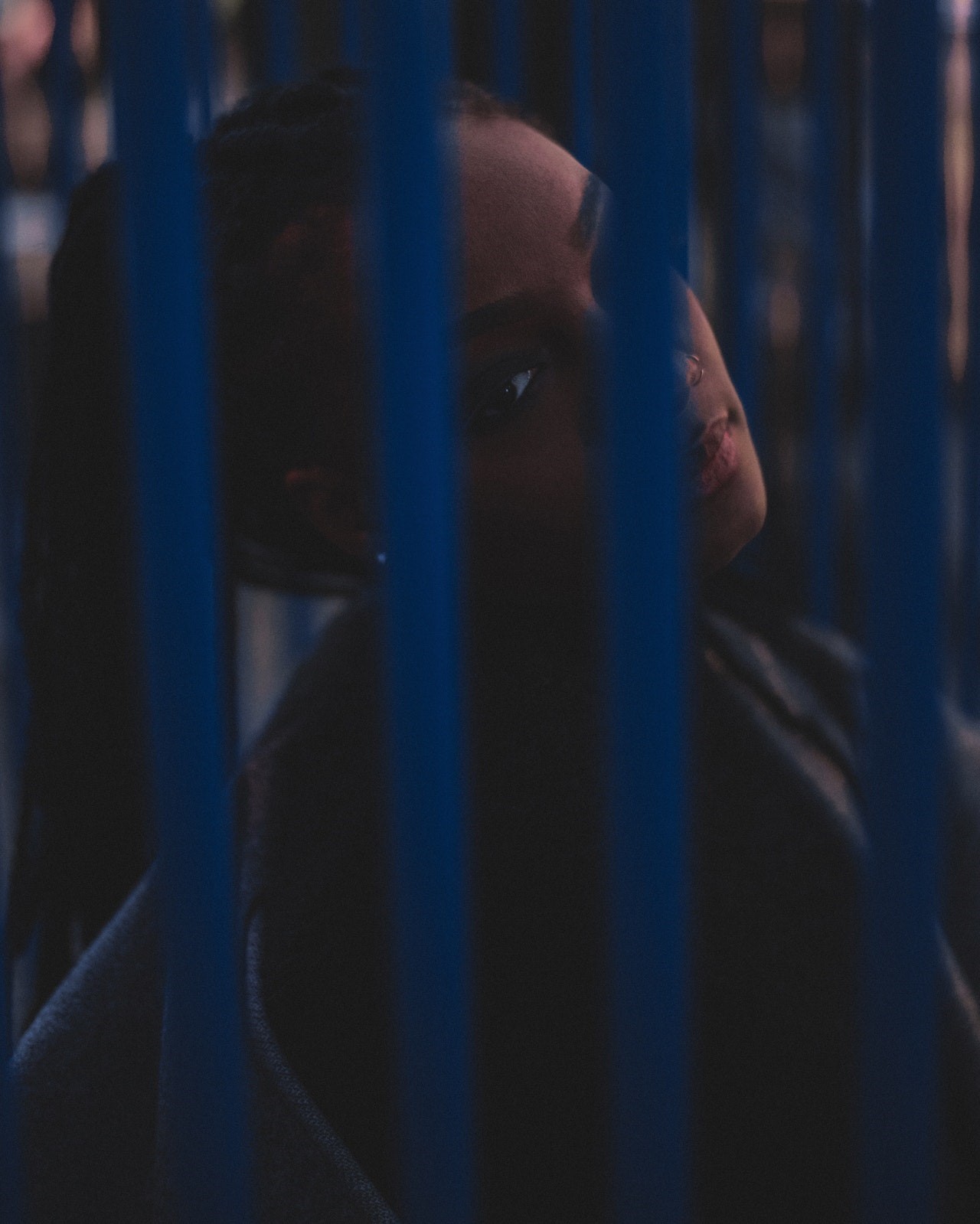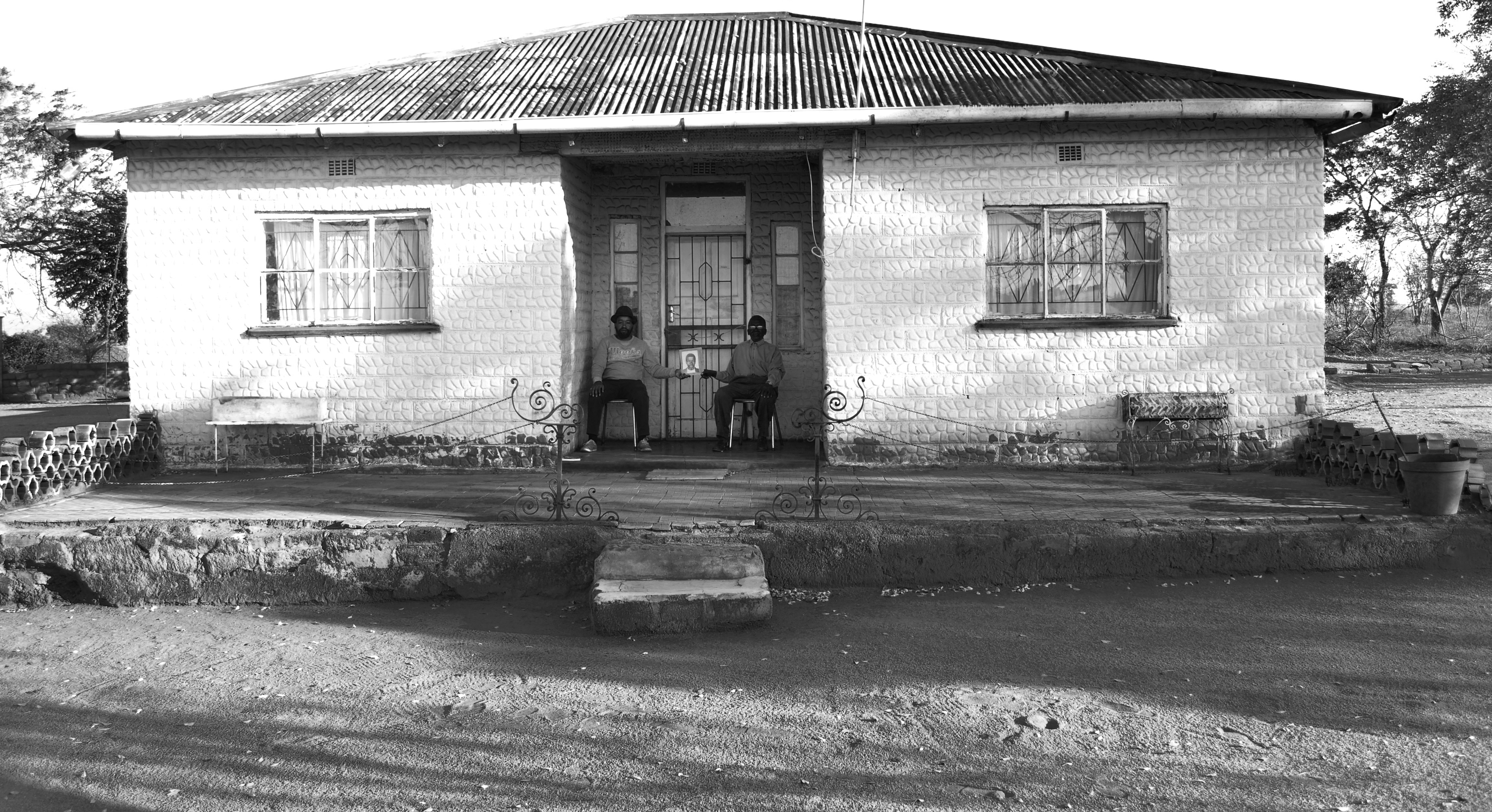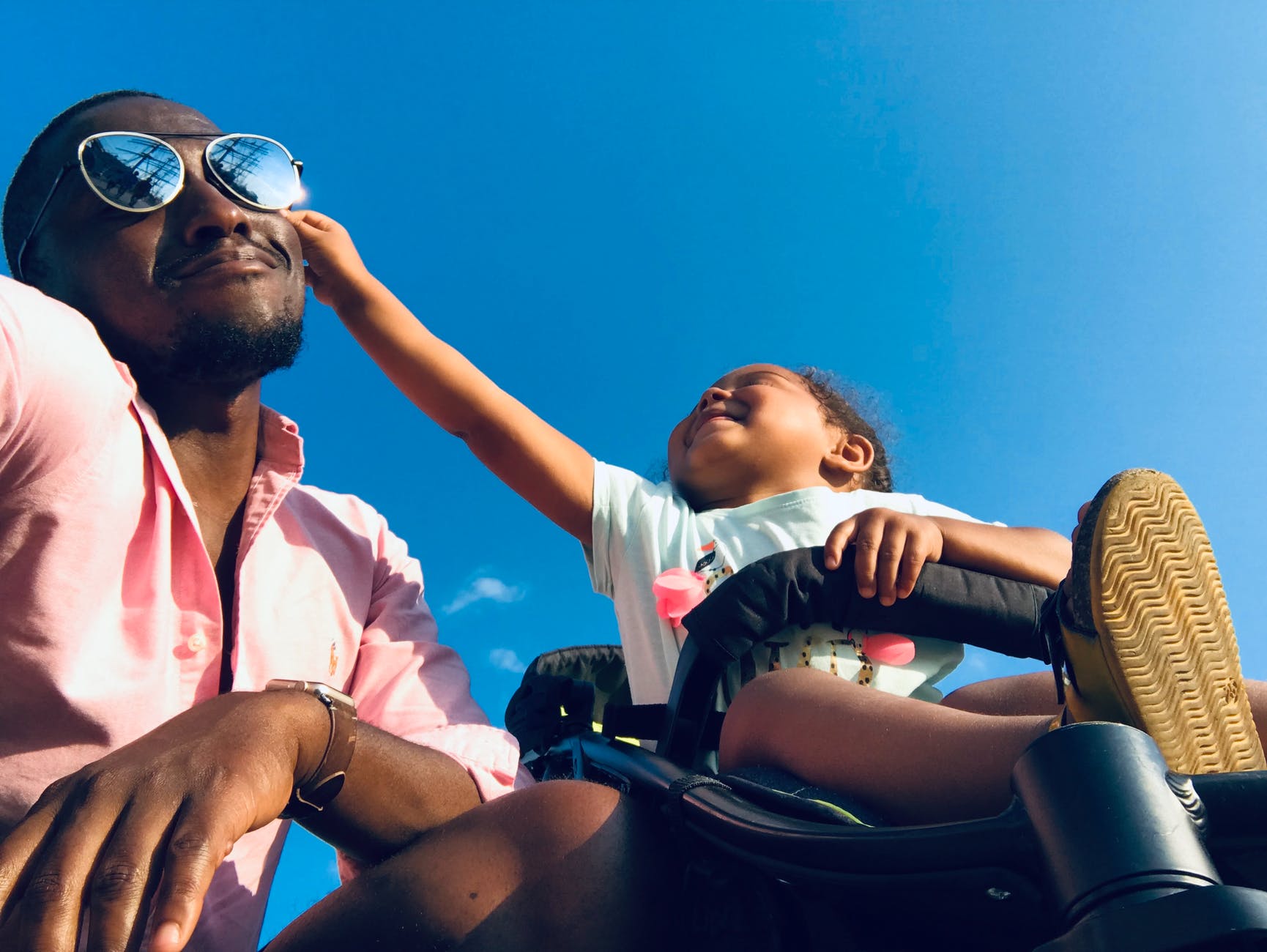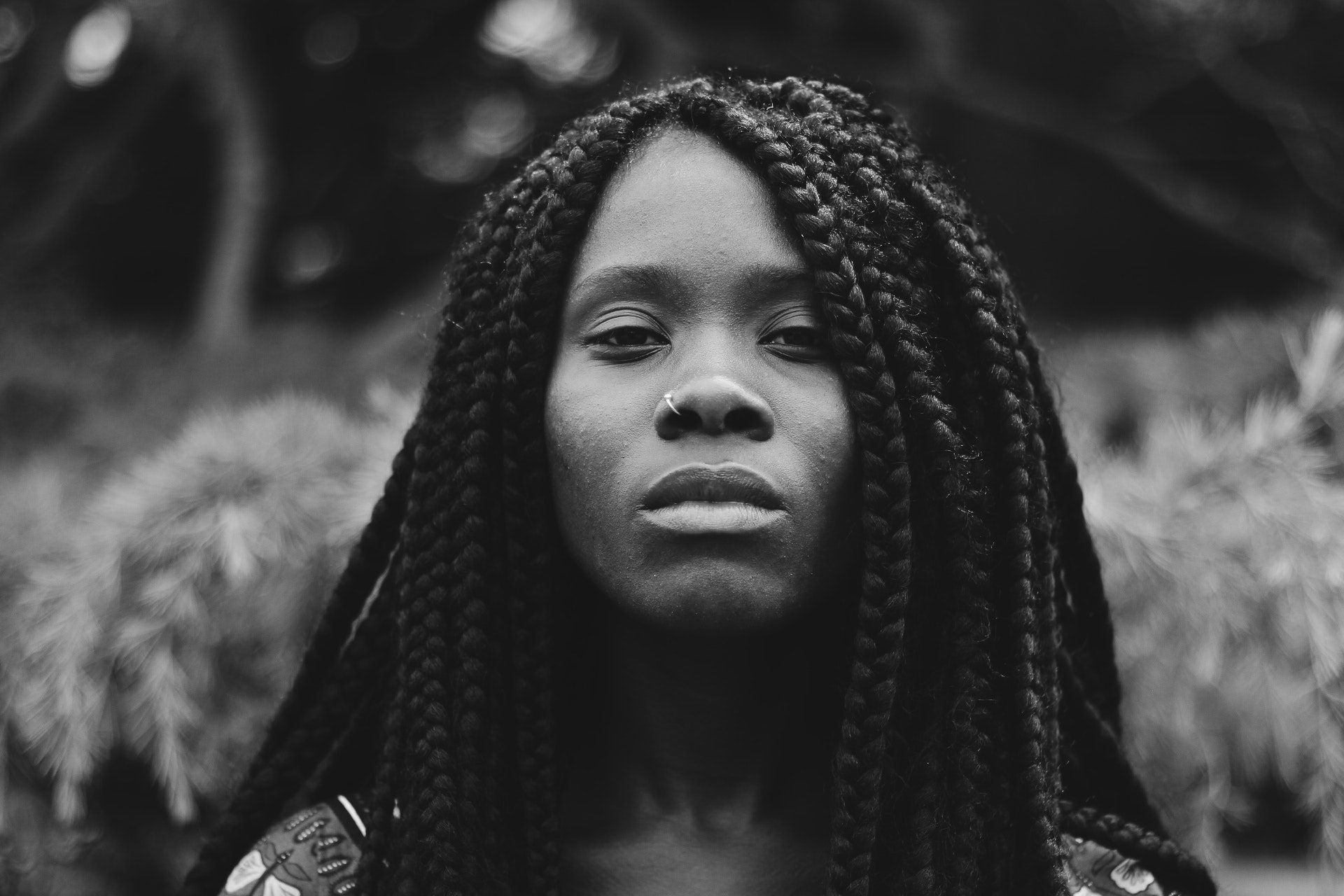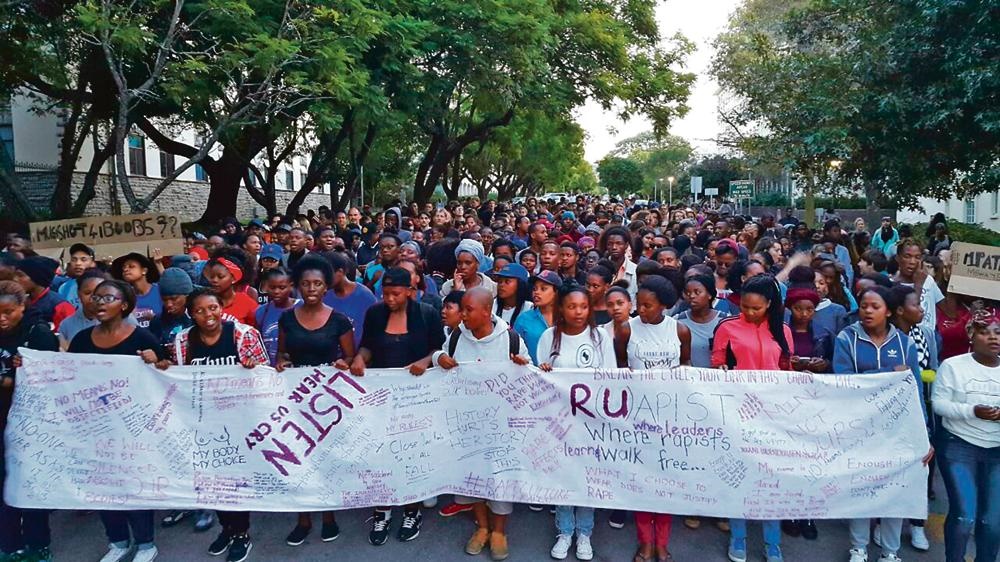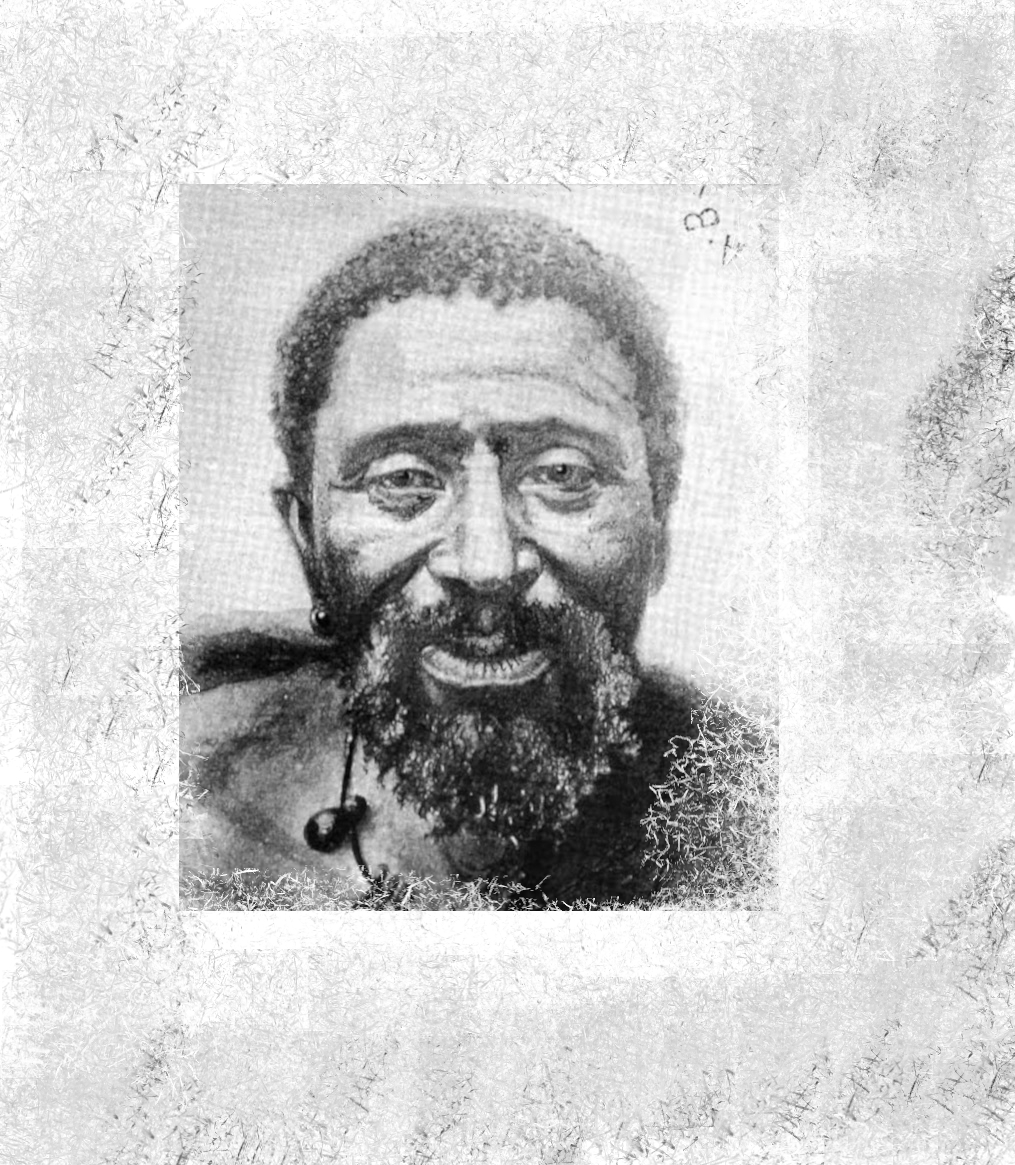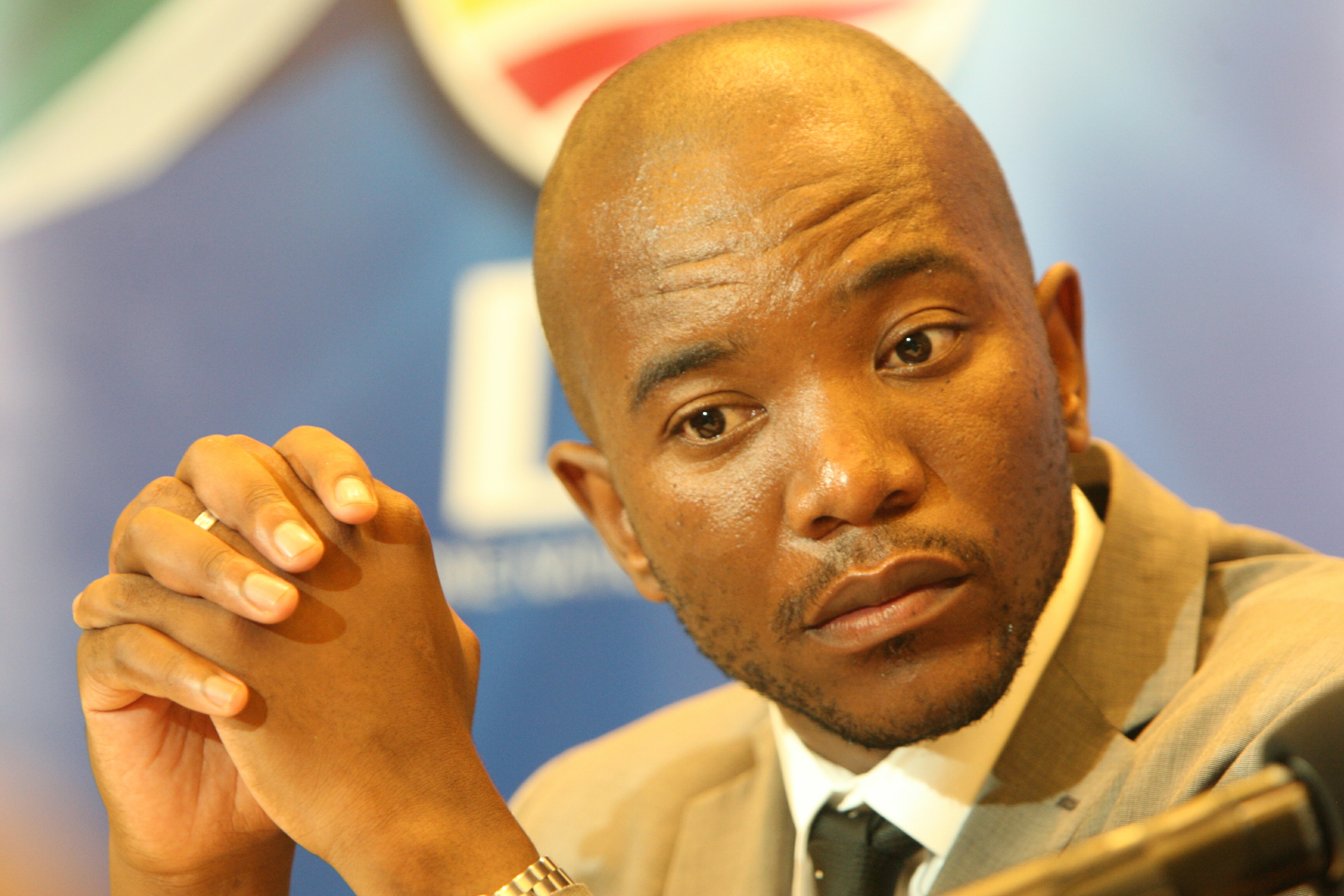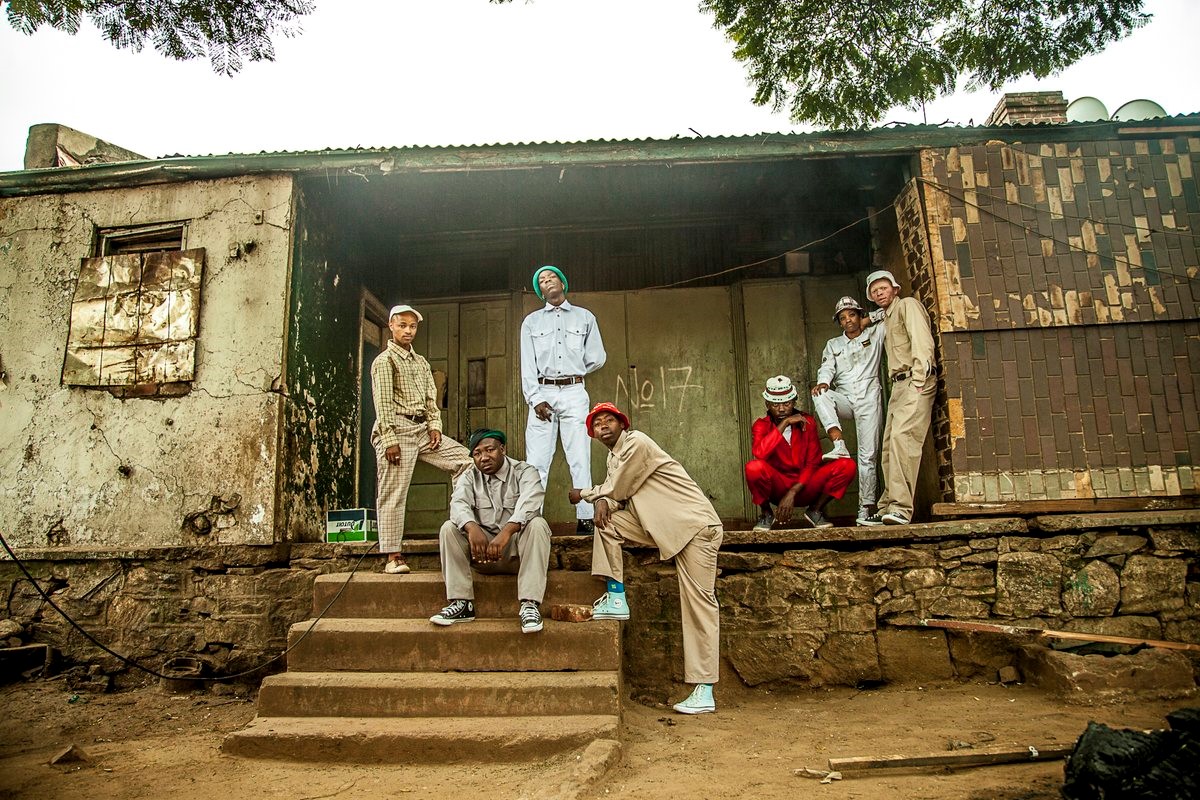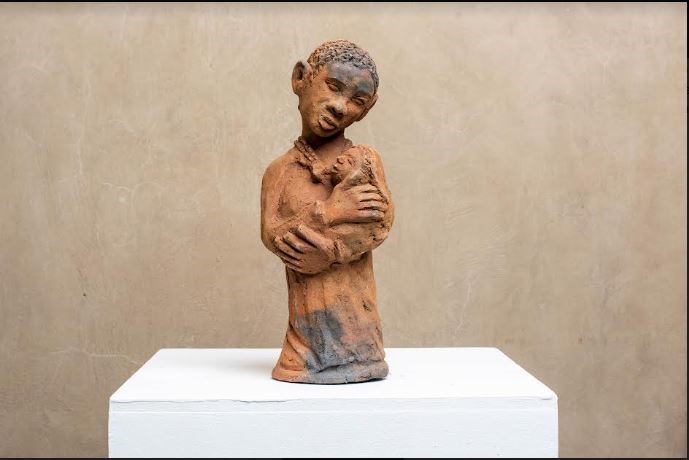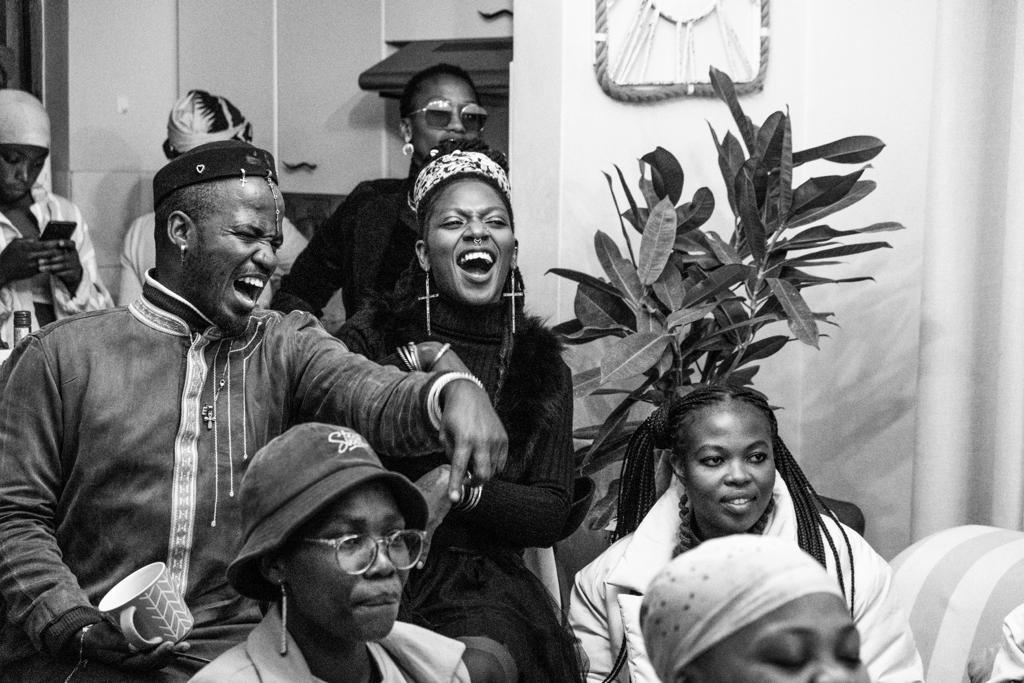I didn’t drink alcohol until my first year of University. One Friday night, my friend and I were curious about this aspect of adulting, so with the help of one of our male friends, we got a bottle of Vodka and drank it while doing laundry. We acted foolish all night, and were the talk of the residence. It wasn’t too bad, just the silly endeavour of two eighteen-year olds who drank and laughed a little too loud. From that moment on, I became a casual drinker; once or twice a month when I was out and about, which I did extraordinarily little of because I was on a student budget. Fast-forward to when I started working, I started drinking almost every weekend, becoming a frequent Long Street goer. Even then, it was just the innocent drinking habits of a young proffessional woman in South Africa.
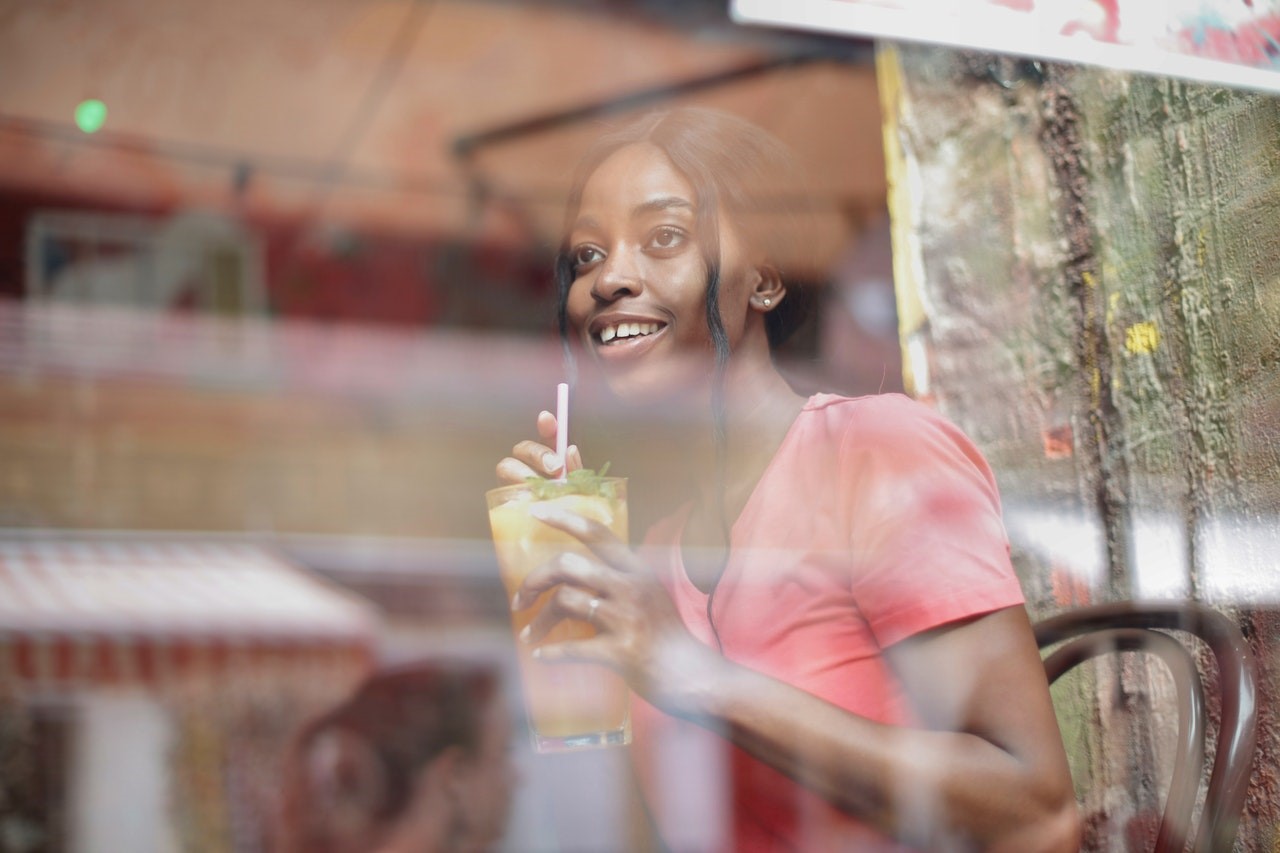
After I quit my job in Cape Town and moved to Soweto, I drank more frequently because I was living alone, and my landlord drank Flying Fish every other day. While I found it funny that an old lady insisted on drinking so much, I never said “No” to her invitations – I was jobless and had time. Hanging out with her, on the many days she felt lonely as a single woman, was also good for me. We killed the loneliness with booze, Mzansi Magic and laughter over the intimate (and somewhat dodgy) details of her life. I felt sorry for her because I could tell she was lonely, but at least I was young, and that was never going to happen to me. Having picked up the habit of alcohol as a happy pill, when I moved from Soweto to Westdene (to live by myself), wine was a necessity, though I did not drink it every day. When I did drink it though, I’d be happier. I’d feel less anxious, and I loved it. I loved my job at the time but felt I didn’t fit the culture, so I fitted in perfectly in my empty apartment – with a bottle of wine and Chicken Licken Wings. I lived for those afternoons.
It was not until 2018, after having settled into a new job and a bigger place, that I could finally breathe. I was now on a permanent contract, and could start planning my life accordingly. In the beginning I was happy, especially the moments when I would get home and just relax in my own space. But, now that I think about it, I felt pressured – because I worked in a department where everyone seemed a little more established. Everyone had a car, and that was far-fetched for me. If I’m being honest, the socioeconomics were difficult to grapple with. So, while I had this beautiful place, I looked down on it because I didn’t have all the furniture I would have liked, I still had to walk to the shops, and did not have money to buy fancy lunches at work. I never gave into the pressure, but I can’t say it didn’t affect my 26-year-old mind; and that feeling of worthlessness was always lurking, somewhere. I didn’t have friends at work, and while I was supposed to be happy, I was feeling more and more alone in the apartment.
Wine then re-emerged as a best friend. I was starting to be more familiar with my workmates, and production work often has a chilled work culture, which means that Fridays are drinking days – so there were Gin Fridays. Those would have probably been fine, for someone who was not also drinking every Thursday and Wednesday.
Before I knew it, I was drinking a bottle of wine a night, and I could not stop. My five minutes trip from work to home had Checkers Liquor as an obligatory stop; to get two bottles of wine. If you have ever had a problem with alcohol, you will know the panic that comes with running out of booze – so I wouldn’t risk it. The second bottle wasn’t always just for safety’s sake, though. I’d end up drinking from it the next morning; to ease the hangover and to get my day started. It would not end there, because once you start drinking, you want to drink more. At work, we had already picked up a habit of drinking every now and again during the day – with a squad that probably had a problem like mine. So now, my habit of sipping in the morning led on to a habit of day drinking, when I was not too busy.
I began feeling trapped, and unable to get out. I wanted to stop drinking, but I couldn’t stop the feeling that made me want to drink. So, no matter how much I tried to cut down to only weekends, I couldn’t stop. I always desperately needed alcohol, and if I weren’t drinking, I was thinking about it the whole damn time – until I’d just give in.
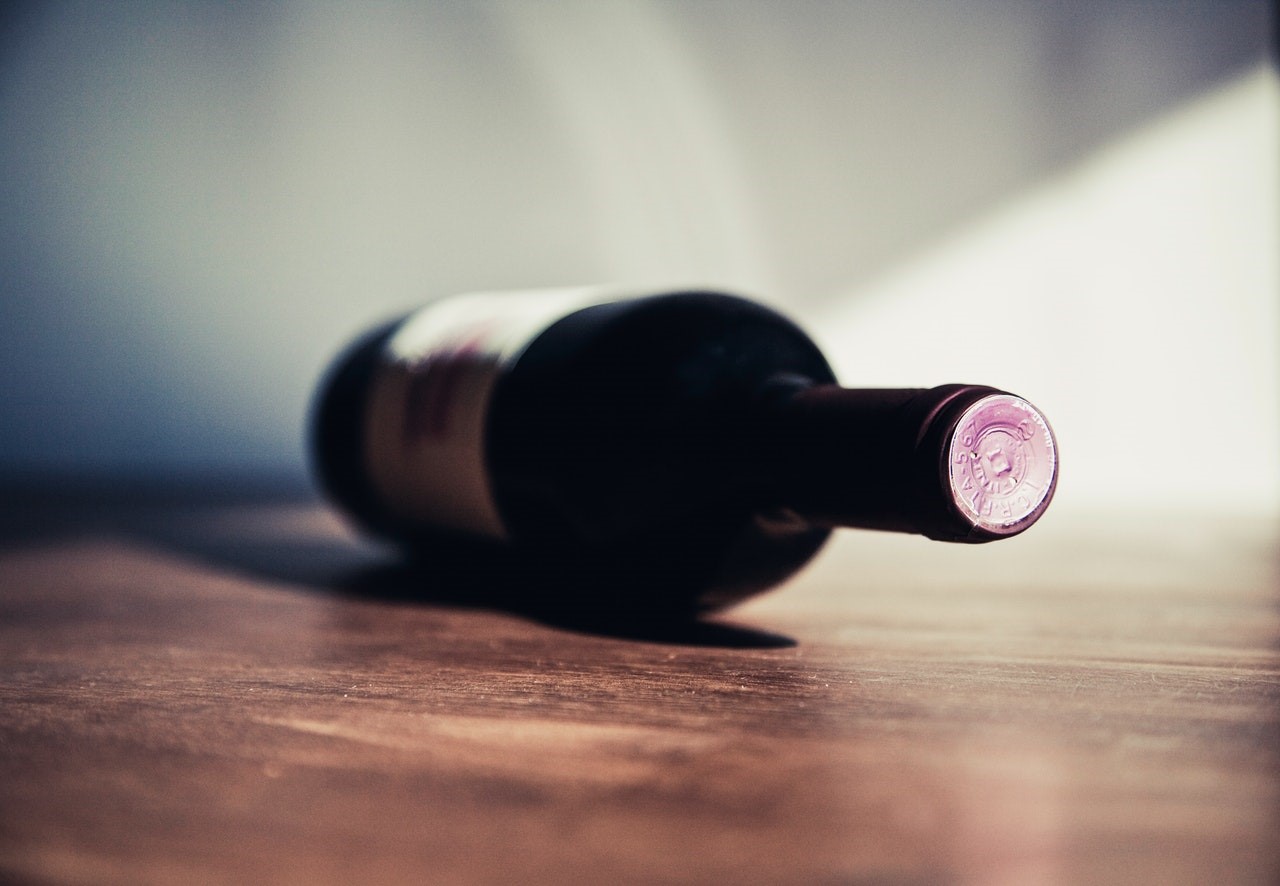
When I look at it now, I think I also used alcohol to cope with the stress I was dealing with at work; between 2018 and 2019. I was dealing with a situation I thought to be proffessional harassment, and I felt like no one was helping me handle it. No one was experiencing what I was experiencing, and I had no support – except in wine of course. I turned to alcohol. Like an abusive partner, alcohol isolated me; because I could not risk people knowing just how much I drank. And that is when the habit of hiding it began. That is also when I knew I had a serious problem. I was ashamed, and my confidence levels dropped. I wasn’t confident in myself anymore, because I knew the truth. I wasn’t a great writer. I wasn’t an amazing person. I didn’t have it all together. I was just a DRUNK. That’s all I saw in the mirror, and this nightmare choked me every night; unless I drank.
By the end of 2018, I knew I was dealing with a full-blown alcohol problem, as a single (and lonely) woman. I started unconsciously gravitating towards those who had the same problem, so that I did not feel too bad about my situation. There were many women confidants I found. The myth that alcohol was a single woman’s crutch was quickly dismantled, because I had friends who were married and who were drinking to a lethal level. Mothers with toddlers, who drank from the closets. Those were my friends. We connected deeper than ever, and we all learned that loneliness is not only felt by single people – you can have a job, a husband and kids and yet feel so alone. The dependency on the drug stems from being trapped, and feeling like you cannot express yourself or be yourself, in case you lose it (whatever that is) all.
As messy as I was, I got into a new relationship towards the end of 2018. Having started the whirlwind affair in summer meant that eating, and drinking out, was normal. But, for me who had had a problem before, the happy hours persisted beyond the festivities. I didn’t want to stop, and that made me feel like a failure – because being in a new relationship should encourage you to stop bad behaviour, right? Instead of stopping, I came up with strategies about how I was going to drink excessively without him noticing. That led me to drinking during the day, sometimes by myself and sometimes with my friends – who also needed to hide alcohol from husbands, kids and relatives they lived with.
Many months down the line, it was clear (and annoying) even to my partner that I was drinking way too much, and it was becoming a frequent topic in the talk about transforming the relationship to a healthier place. “What’s your plan,” he’d ask? Whatever the answer was, I’d never stick to it. The only thing I stuck to was hiding those little Russian Bear bottles from him. Yep, it had deteriorated to hiding it in water bottle containers, spiking my orange juice, and so on and so forth. It was a problem in the relationship, but not a major one – and that’s not because I wasn’t drinking myself to destruction, that’s just because I was too much of a functional alcoholic. No one who knew me thought I needed professional help. I never got sloshed, and I never acted too out of character when drunk. I would get passionate and emotional, but never caused major problems that put a spotlight on my alcohol misuse. While that saved my dignity, it also enabled me to be in denial. To not be honest about the extent of the problem I had, and the need for drastic intervention. I couldn’t stick to my plans of working on a new project, gym, eating healthy or being more present in my relationship – because while I wanted all of that, I just preferred drinking.
When I went home during the December holidays in 2019, my sisters were frank with me about my problem. My older sister had seen my dependency first-hand, while visiting me, and correctly observed – “You are at a point where you want to drink every day”. I was genuinely struck by that and so, I cut down (reluctantly) while I was at home, and just wished I could be alone sometimes; to drink as I pleased. There it was again, that abusive isolating effect of alcoholism.
By the time I got back to Johannesburg, I knew I didn’t want to drink anymore. I had known my entire life that my father was an alcoholic. He has sober days, and functions perfectly on such days. But when drunk, he is a mess. And he is a mess a lot. It was different with me. I was never a mess when drunk, and I also didn’t like drinking too heavily. I didn’t like being too drunk; to the point of losing control. Although my partner saw traces of a problem, and we lived together, he obviously didn’t understand the battle I was facing psychologically – which made this a bigger problem than what he may have thought. In my innermost being, I knew I was losing control fast; and sooner or later, I was not going to be able to fool anyone. I didn’t want to deteriorate to a point of no return, so I made a 2020 resolution that I would be stopping. Luckily, my partner and I decided we’d use one car to and from work, and I’d keep it during the day – so there was no way of hiding bottles in the car, or sipping while driving. I didn’t want to do it (drinking and driving) because I didn’t want to put his life in danger. When I was driving myself, on the other hand, I’d drink with no problem at all – because when you have a problem like that, you choose it over you. The more you go into that hole, the lesser you value your life (unconsciously).
When we started travelling together to and from work, I couldn’t have a shot in the mornings; because he was there. And so, gradually, my pre-and-post-work habits changed; they didn’t include alcohol. But, in the evenings and on weekends, I was still drinking, though less and less. I wanted to change my relationship with alcohol, and it wasn’t easy to stick to it at all. I always relapsing.
I then started seeing a therapist, as part of my journey to get better. I booked the sessions for Tuesdays and Thursdays, after work. On those days, I wouldn’t drink at all. I was paying a lot of money for the sessions, and didn’t want them going to waste. I wanted to be alert and honest in them, and then apply the feedback straight after the sessions – by reflecting and journaling. On my first appointment, I blurted out the fact that I had a problem with alcohol; and what followed was me understanding why I was using alcohol so much. Therapy started changing the way I viewed alcohol – from a happy pill to a destructive substance. I had built so many lies around my drinking to encourage the habit, but the truth was and is, I’m much better sober.
Functional drinkers are good at hiding, but being sober again for a long period of time showed me just how absent alcohol made me – from my life and what was happening around me. I was either tipsy, or thinking about getting tipsy. So, in order to be happy, booze had to be part of every activity. I learned that being sober again allowed me to think clearly and honestly about my life, and that the irritability I feel when sober is probably because the situations I am in are irritating. Numbing that with alcohol doesn’t change it, it just makes it a lot more bearable. There I was, in these sessions, looking at the foundations of my life, at all of my experiences – and having a light bulb moment. My therapist said, “After all of that destruction from your cognitive development ages, and you thought you wouldn’t become a drunk at some point in your life? Really”? It all became clear; why I was drinking, and why I had to forgive myself. I just didn’t know what to do with the pain that had manifested over the years.
I’m still grasping other ways of getting better which I cannot completely share, but what I am learning is that this will be a life-long problem. Substance addiction is there even when you are not using, so you are always fighting the temptation. If you decide to go back to social drinking, you have the task of having to count every sip, and stop when you reach the limit. That’s something most alcoholics don’t have the ability to do, so going back to social drinking is not always an option.
I haven’t decided what the rest of my life will look like when it comes to alcohol, but I do know that one day at a time is all I can do. I cannot think beyond this moment, because for us who are dealing with the problem; every minute of the day revolves around whether to drink or not to drink. I just have to set up barriers and traps for myself to be accountable. Yes, that means AA meetings, support groups, therapy, blogging about it, and sharing the journey with friends and family. It does start from there. It is perhaps worth mentioning that I do have an appreciation for my journey with alcohol, because when you are able to see yourself at your most disgusting, weak, unreliable and unable even, any self-righteousness you may have held goes straight out the window. You begin to empathise with anyone who may be feeling as lonely, as in pain, as you do. Empathy born of an intimate knowledge that this is not a nice place to be.
That’s how I want to end the piece… at a place where you know that I see you, in your self-destruction. I am detailing the extent of it because I want you to know you are not alone in hiding wine bottles, having a shot in the morning, and drinking from coffee mugs. That, I know how much you want to get out of it, and how disappointed you are in yourself. That, there is a valid reason you are drowning in alcohol, and you have to find that reason, and be kind to yourself about it – in order to find a better antidote for it.

